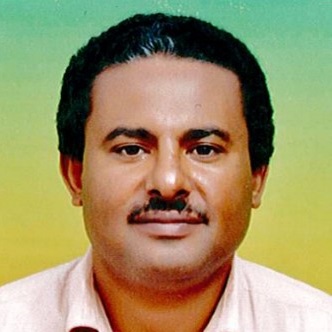Bio
Dr. Asnake Kefale received his PhD in Political Science from the University of Leiden in the Netherlands. In 2013/14, he was awarded the Swiss Excellence Scholarship for post-doctoral research at the University of Fribourg. Dr. Asnake Kefale is currently an assistant professor of Political Science at Addis Ababa University. His research interests include, federalism, conflict management, political economy, and migration. He has authored a book and co-edited four books. He has also published articles in peer-reviewed journals and contributed book chapters to edited volumes. In addition to his university appointment, Dr. Asnake is a senior adjunct researcher at the Addis Ababa based policy think-tank, Forum for Social Studies (FSS). His APN research re-examines the role of ethno-federalist state building for political stability (peace) in Ethiopia.
Some of his publications include, “Ethnic Decentralization and the Challenges of Inclusive Governance in Multiethnic Cities: The Case of Dire Dawa, Ethiopia” in Regional & Federal Studies (2014), and Reflections on Development in Ethiopia: New Trends, Sustainability and Challenges, which he co-edited and contributed a book chapter titled “The Expansion of the Sugar Industry in the Southern Pastoral Lowlands” (Forum for Social Sciences, 2014).

